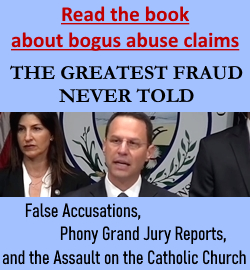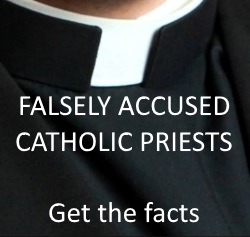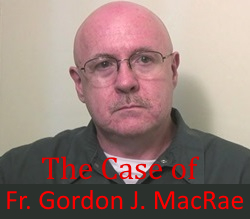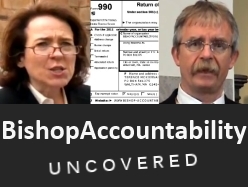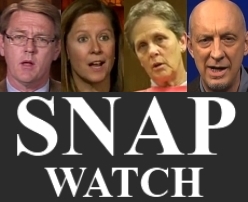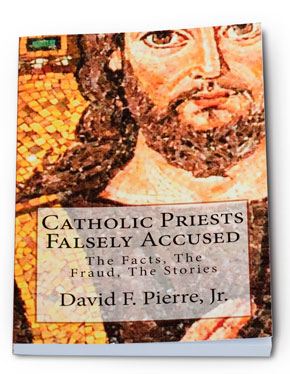Attorney Jeff Anderson’s thirst for “flash and appearance” often pushes aside principles. For example, Anderson proudly trumpets himself as a member of the American Civil Liberties Union (ACLU). That anyone who claims to fight for the welfare of children and against child abuse would stand with the ACLU is troubling. The ACLU has adamantly fought efforts to shield children from pornography in public libraries. Its members have argued that distribution and possession of child pornography should not be a crime. Members have also argued against record-keeping requirements for porn film makers to make sure all actors are of legal age.
The ACLU has also defended an awful organization called the North American Man-Boy Love Association (NAMBLA). NAMBLA has advocated, among other things, the removal of age of consent laws, and they have argued that children have every right to consent to sex with whomever they want.
Anderson champions himself as a “crusader” for children, but he aligns himself with an organization that’s anything but that. Why?
In discussing his practice of suing the Church, Anderson is also yet another litigator who has aired the common line, “It’s not about the money.” Yet his own words and actions suggest otherwise. Anderson has openly admitted that at the start of his career as a public defender, “People would walk into my office and say, ‘I have a problem.’ I’d say, ‘How much money do you have?’”
In January of 2010 Anderson launched what he calls his “Child Porn Initiative.” In a press conference to announce the enterprise, Anderson announced that he would be “going after” those who indulge in child pornography. It is a very noble effort, indeed. But how would Anderson do this? By using some of his hundreds of millions of dollars he’s gathered to support the many organizations that successfully combat these awful Internet crimes? By setting up a fund to help needy children who have been so horribly victimized by child pornography?
No. It appears that only the lure of money attracted Anderson to the cause. In announcing the launch of his new pursuit, Anderson said he had “recently learned” of a federal law passed four years earlier which allows those depicted in child pornography to sue those who possess or trade their unlawful images. The minimal claim, according to “Masha’s Law,” would be $150,000 per violation. With the 25% to 40% contingency fee that Anderson is estimated to collect, that’s a minimum of $37,500 to $60,000 per violation in his pocket. So it seems that only when Anderson saw an opportunity to profit off the repulsive crime of child pornography did he take a serious interest in pursuing it.
“It’s not about the money”? Judging from Anderson’s own behavior, that seems hard to believe.
